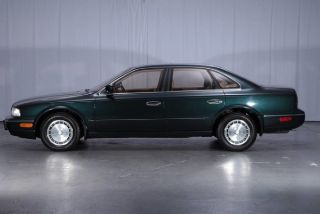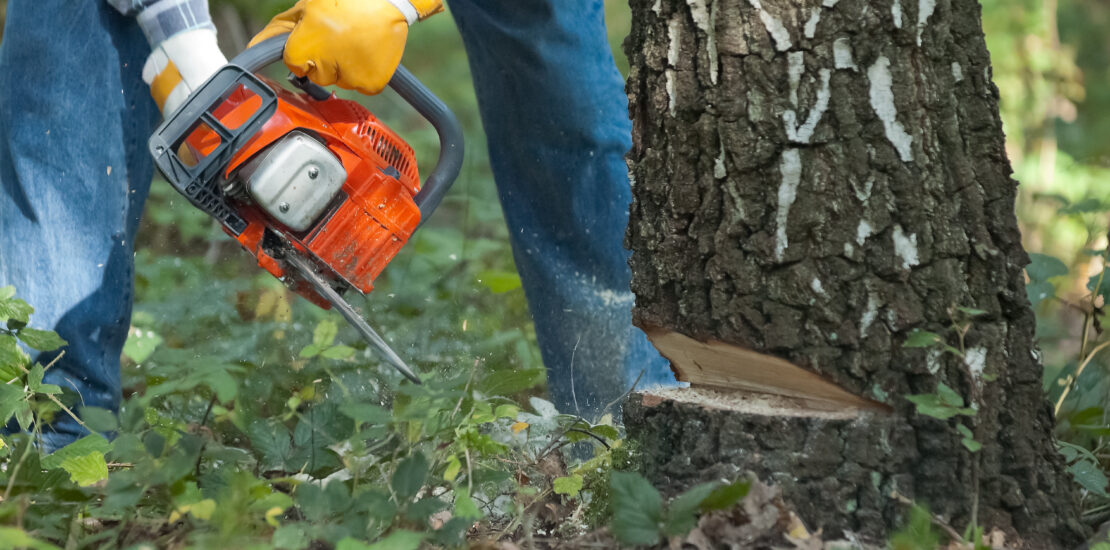sales hiring assessment
-
How to Hire the Right Salespeople Using This Jeep vs. Infiniti Analogy
- October 7, 2022
- Posted by: Dave Kurlan
- Category: Understanding the Sales Force

Usually, the overall score, relative strength of a candidate’s capabilities, and recommendation are more important than any specific scores. Usually. But with the assessment of Mary, it was an entirely different story.
Let’s review the scores and findings from Mary’s OMG Sales Candidate Assessment. She had really good scores. Really good. Her Sales Percentile was 82 so she was stronger than 82% of the salespeople in the world. So was OMG wrong? Why did the company hire her? Why did she fail?
-
The Chainsaw Massacre and Building Sales Teams
- September 14, 2021
- Posted by: Dave Kurlan
- Category: Understanding the Sales Force

Despite the existence of both a science and a process for hiring salespeople, most efforts also tend to be hit or miss and the emphasis always seems to be on miss. There are plenty of reasons why, and we can discuss some of them, but the biggest and most insane reason is…
-
2020’s Ten Must Read Sales and Sales Leadership Articles
- November 30, 2020
- Posted by: Dave Kurlan
- Category: Understanding the Sales Force

-
New Data Reveals Interesting Differences in Salespeople’s Ability to Work From Home
- June 25, 2020
- Posted by: Dave Kurlan
- Category: Understanding the Sales Force

John Pattison, COO of Objective Management Group (OMG), dug into OMG’s remote seller data, and learned that similar to the weather, things aren’t always what they appear to be. The table below shows how this data changes according to sales experience.
-
All-Time Top Kurlan Sales Article
- December 20, 2012
- Posted by: Dave Kurlan
- Category: Understanding the Sales Force
Whether you’re using a personality assessment, behavioral styles assessment, psychological assessment, or psychometric (describes all of the above) assessment, it’s the marketing that’s sales-specific, not the findings. Use them at your own risk.

